How to control the PH of mash when brewing beer?
.jpg)
Normally, the pH of the brewing water is generally 6.8-7.2. After the malt is added, the pH of mash will be lower due to the dissolution of acidic substances in the malt, but the requirements for PH of the protein rest and mashing are still not met.
Malt is rich in enzyme systems. All enzymes have an optimal pH range. It is impossible to fully reconcile them. However, it is possible to make glycosylated pH suitable or close to the optimal pH of the main enzymes. For example, the optimum pH of α-amylase, β-amylase, sucrase, R-enzyme, endopeptidase, carboxypeptidase, etc. is between 5.2-5.6. So the practical range of PH control of mash is 5.2. -5.6. To adjust pH of mash, the commonly used method is to add food-grade lactic acid, phosphoric acid, hydrochloric acid, sulfuric acid or lactic acid malt to the brewing water, etc, in addition to preparing brewing water, adding gypsum or CaO to the brewing water. In this way, the pH of mash could be controlled within the required range.
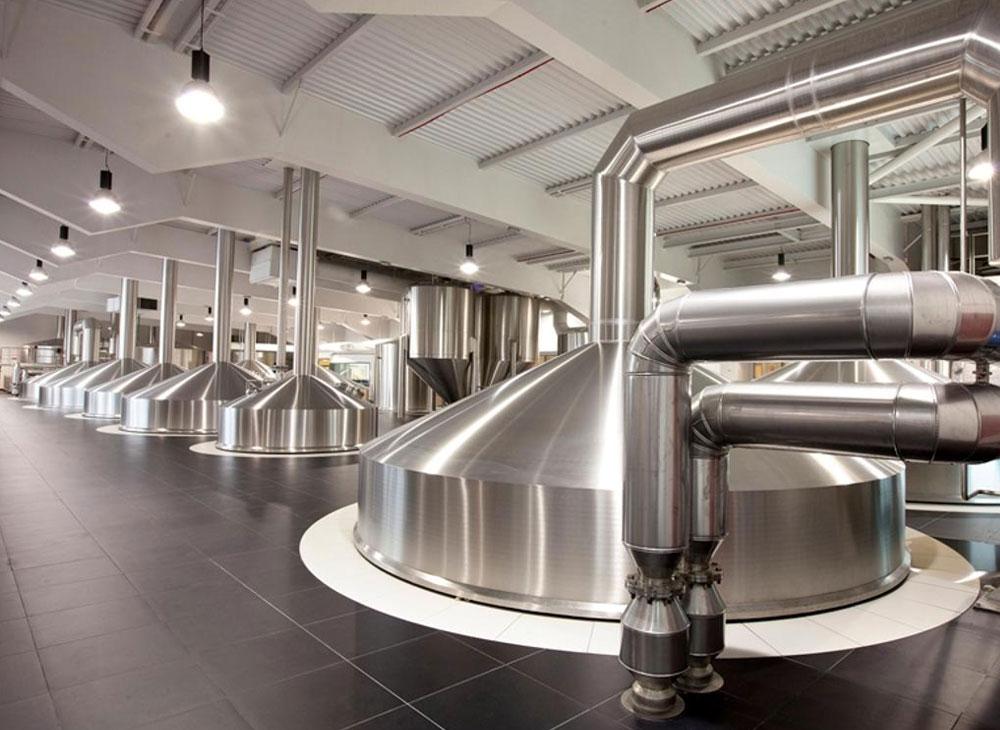
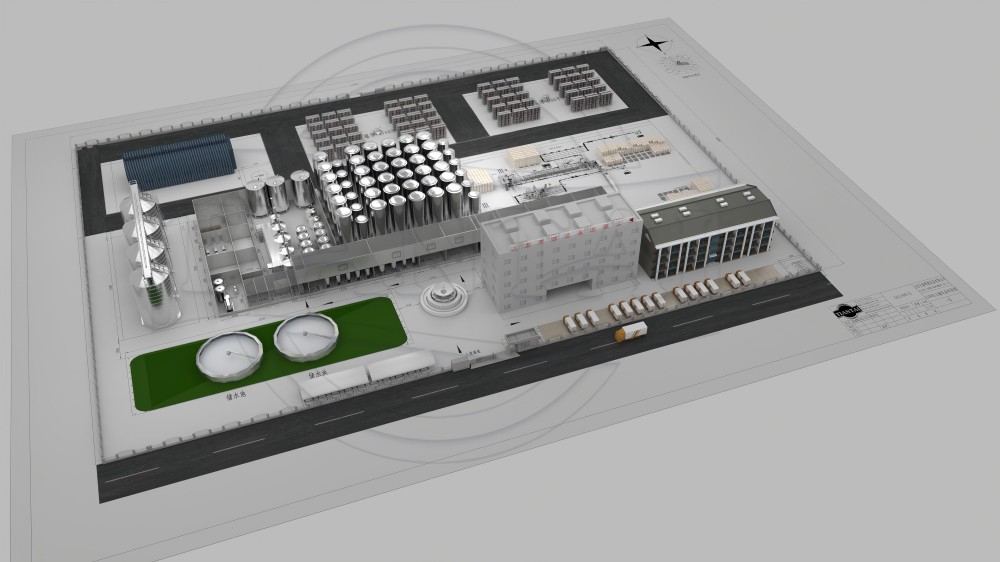
.jpg)
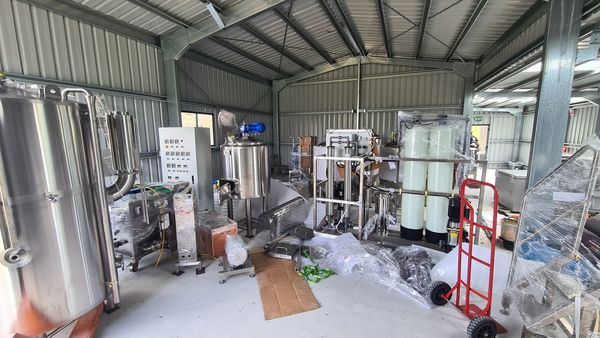
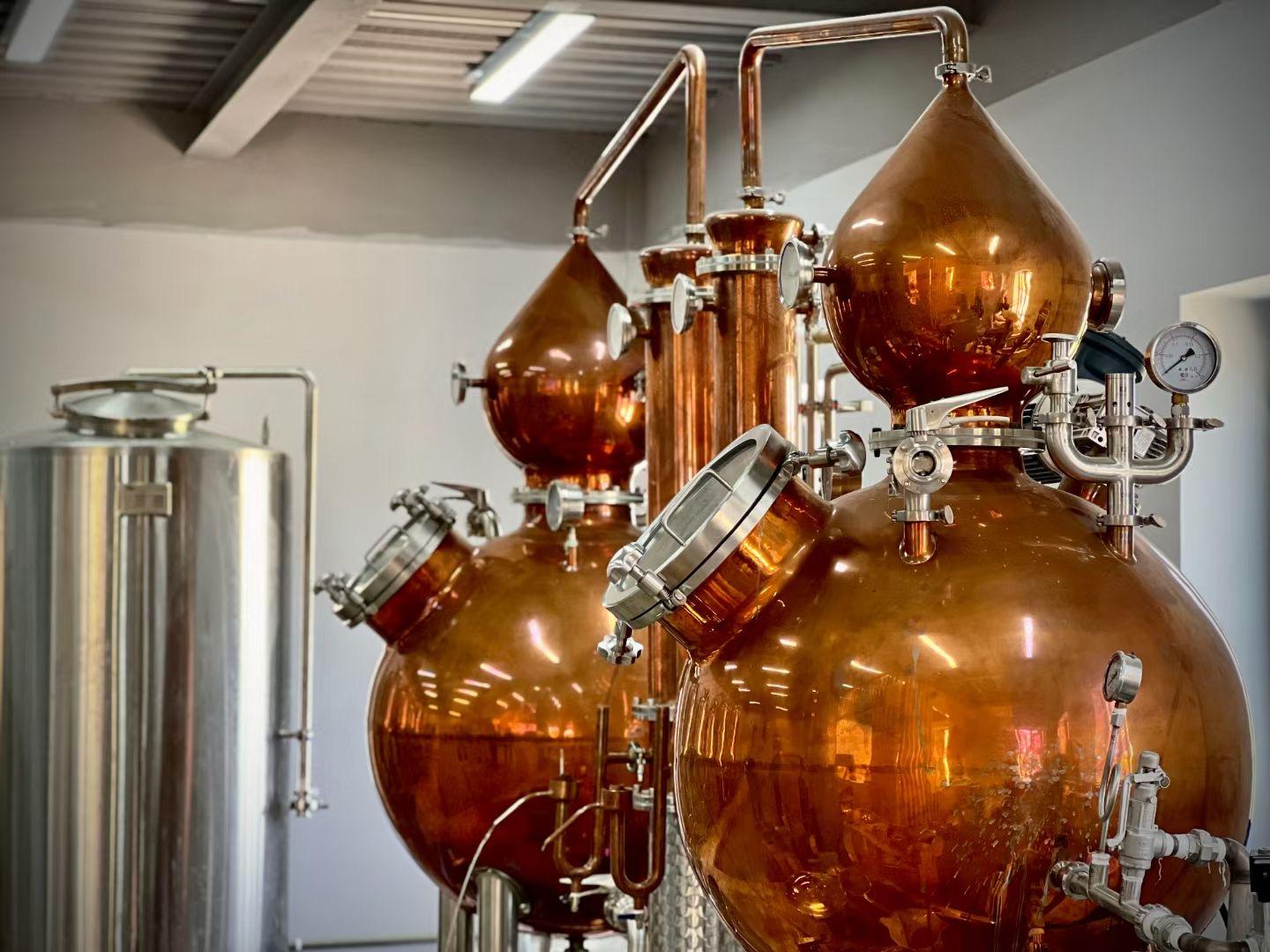

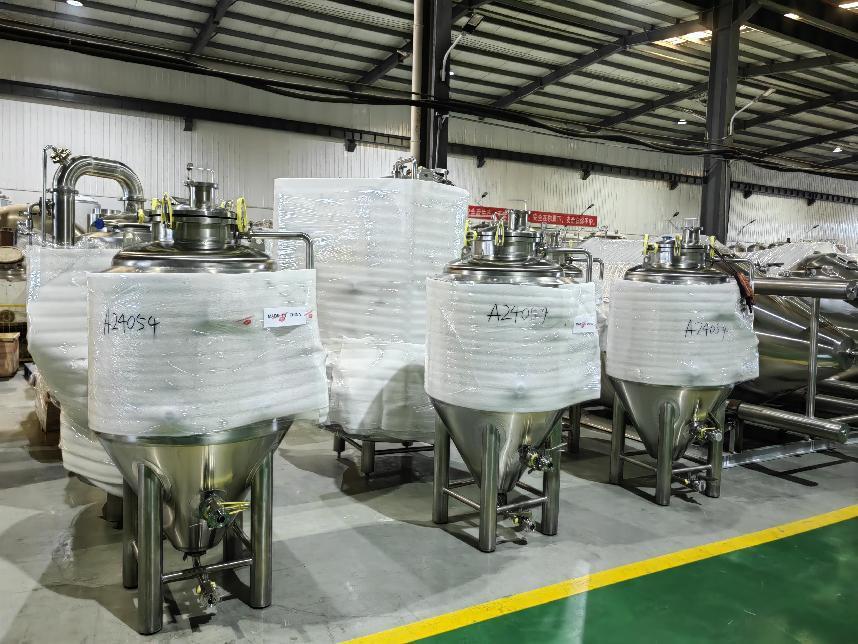
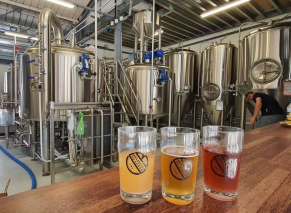
Get A Quote